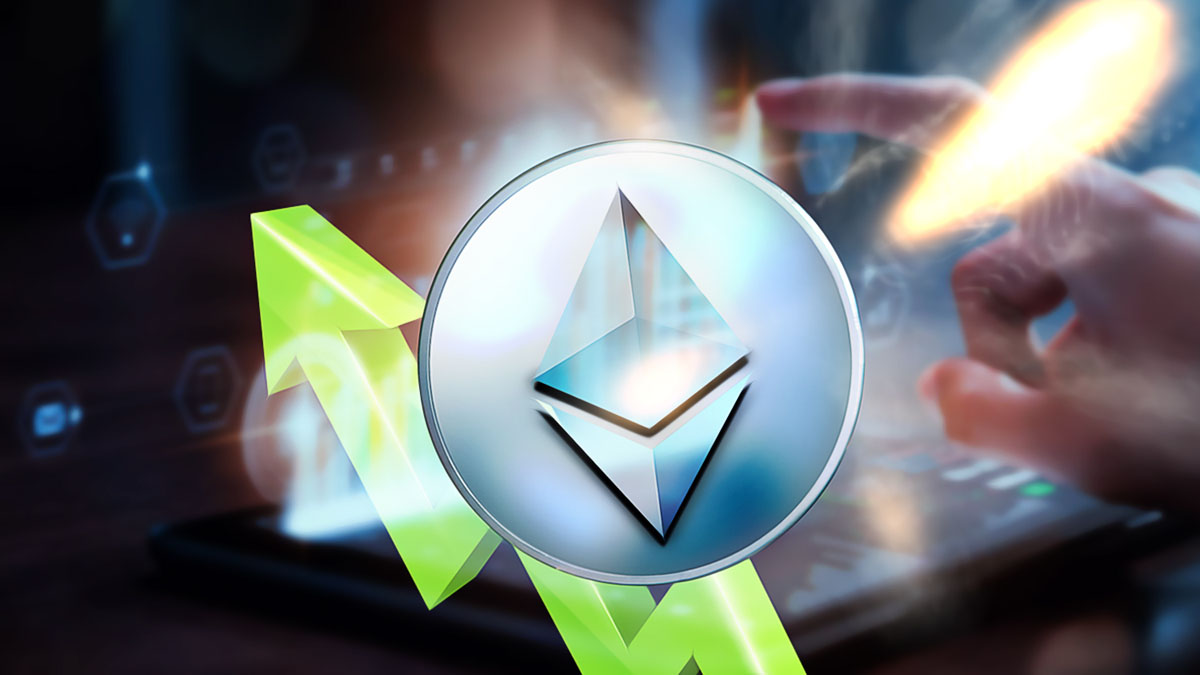
Bithumb, the largest South Korean crypto market, will add pairs for JTO and ETHFI tokens. The exchange listing is expected to bring new liquidity to the Solana and Ethereum services.
The announcement of the market listings of JitoSOL (JTO) and EtherFi (ETHFI) on Bithumb is seen as a move to access direct liquidity in South Korean won.
Bithumb records $475M in daily volumes with the Korean Won as its primary currency. The exchange has been relatively conservative in listing new assets, which is most evident in how it carries a selection of tokens that does not reflect the latest trends in crypto.
The new listings coincided with Korea Blockchain Week, a high-attendance event showcasing the most active ecosystems in 2024. However, it has been hard to generate enthusiasm for token listings in an otherwise subdued market.
Jito, EtherFi lead the way in liquid staking
The addition of JTO and EtherFi tracks the high level of activity for both protocols. Jito and EtherFi lock in value from their respective networks, becoming key projects for Solana and Ethereum, with great potential influence due to their value locked.
As of September 5, Jito holds about $1.75B in its liquid staking protocol. Jito also remains instrumental in building Solana blocks in exchange for priority fees and tips. As a result, Jito receives $2.8M in weekly fees, with more than $100M over the last quarter. The effect of meme tokens put the Jito validator to the forefront, while also expanding its presence as a Solana liquid staking profile.
The new market will give exposure to JTO, possibly linking investors to the wider Solana market. The JTO market price may reflect the growth of liquid re-staking on Solana, as JitoSOL expands its activity.
Etherfi is one of the high visibility liquid staking projects, drawing in $5.77B mostly in locked Ethereum (ETH) value. Etherfi also collaborates with EigenLayer, where eEth is used for re-staking, further tapping the liquidity to increase security.
The assets opened deposits as of September 5, requiring 22 confirmations in the case of JTO and 33 confirmations for ETHFI to avoid double-spending risk. JTO was listed with an initial basis price of $2.17, while EtherFi started at $1.27.
Soon after the news, JTO rallied to $2.22, while ETHFI surged to $1.29. The trading activity is still not reflected in data information.
Bithumb is a relatively isolated market due to a restrictive policy on inflows from unregistered entities. In the past, Bithumb has banned inflows from other markets that have tried to exploit the arbitrage potential in Korean won trading pairs.
Bithumb has banned inflows and outflows to markets like Mexc, BitMart, and other small-scale, risky markets. The share of the Korean won has stepped back, making up just 2.3% of BTC trading and 0.83% of Ethereum (ETH) volumes.
Bithumb remains one of the most strictly regulated markets, even banning its own employees from owning trading accounts.
Upbit boosts BIGTIME with KRW listing
The South Korean market also boosted the fortunes of BIGTIME, a tokenized free-to-play game. Upbit trading already started, with an inflow of whale buying for the game token. Before adding the KRW pairing, BIGTIME relied on a market against Bitcoin (BTC).
Immediately after the listing, BIGTIME volumes rallied to above $79M, while the token rose from $0.067 to $0.08. BIGTIME has been around for a while, with OKX and Coinbase listings. It maybe be the latest relatively low-risk asset to be listed on Upbit.
Upbit itself moved BIGTIME tokens in preparation for trading and withdrawals, setting up two new wallets with $3.6M worth of tokens.
The Bigtime game brings back the tokenized game trend, though in this case, the game already achieved Web2 success before adding a token. BIGTIME has been sliding since the end of 2023 when it reached its peak valuation above $0.82. The new market may spark a breakout after the asset lost more than 90% of its value.
Bigtime aimed to create a game-first product with RPG features, but also token looting and NFT collections. BIGTIME tokens are held by 20,306 wallets, accrued since the game started to popularize its collectible features. The Bigtime game offered a personal metaverse, which could be expanded with NFT items. The original game remains free-to-play.
Cryptopolitan reporting by Hristina Vasileva










